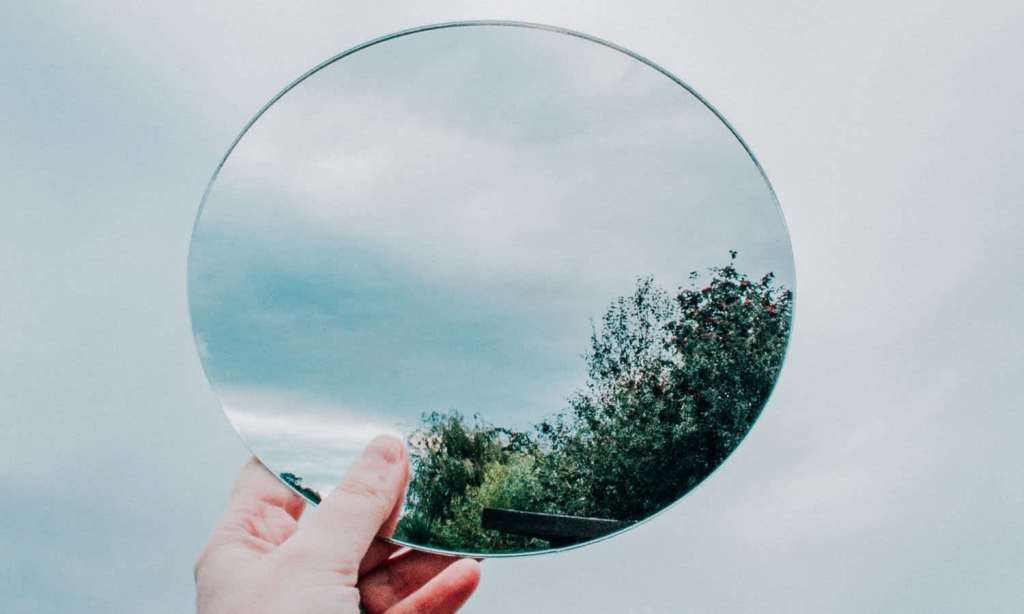A simple conversation can change a life. Today, September 10, is World Suicide Prevention Day and R U OK? Day. It’s the perfect time to check-in with a friend, family member or colleague to see how they are travelling after a tumultuous 2020.
Collectively, our mental health has taken a battering this year — from bushfires to the pandemic and associated isolation — so asking “Are you OK?” is a great way to start a much-needed conversation.
Alongside this conversation starter, there are a number of other questions you can pose to dig deeper. Psychologist Amelia Twiss, from Twiss Psychology Group, recommends following it up with a number of open-ended questions.
“Use open rather than closed questions as open questions encourage a more detailed response,” Twiss told TheLatch—. “Starting your question with ‘how’ or ‘what’ creates the opportunity for a conversation to happen rather than eliciting a one-word response.”
Following up your first query with the below counter questions will help elicit a deeper response and subsequent conversation.
— How have you been this week?
— How are you feeling about the coronavirus situation?
— How are you finding working from home?
— I noticed you’ve been a bit quiet lately, how are you today?
— What are you doing for exercise at the moment?
Encouraging someone to open up and be vulnerable about how they feel can be daunting and a little scary for them, so in turn, try to be honest in return as to how you have been feeling. You can’t expect someone to answer truthfully when you breeze over the same question.
“Being open about how you have been helps you connect with others and to create space for an open conversation to happen,” Twiss said. “If someone asks you how you are, take a moment to respond honestly.
“Go beyond ‘I’m fine thanks, how are you?’. Giving a little more to the other person can open the conversation for them to be more honest about how they are feeling. By being vulnerable yourself, you create a safe place for a more real chat.”
Given the personal nature of the conversation, try to be gentle and take it slow. Mental health charity R U OK? recommends listening, encouraging action and checking-in in the days after the conversation.
And, whatever their answers may be, try not to go into problem-solving mode. Some things might not have a clear fix or even if they do, your pal might just need to talk it through before taking action.
“Listen without judgement and without trying to problem-solve the situation,” Twiss said. “Validate what they say by acknowledging their experience. For example, saying ‘That sounds really hard’ validates their experience.
“Saying something like ‘Just focus on the positive’ isn’t helpful as it diminishes the other person’s experience. Let them know you are listening and ask if they would like any help or support.
“If you think someone is struggling, ask if they need help. Let them know you will check in with them again in a few days and make sure you follow up.”
Try to make an extra effort to check-in with friends, family and colleagues who live in Melbourne. The trajectory of coming out of stage four lockdown is pretty disheartening and Melburbians need our support at the moment, especially on R U OK? Day. Simply asking them how they are, and letting them know you’re thinking of them is a good place to start.
“Ask how they are feeling about the restrictions and how they are coping under the circumstances,” Twiss said. “Don’t be afraid to ask. Being in lockdown can be a rollercoaster of emotions and sometimes saying out loud how you are feeling today is enough.
“We’re all somewhere along the mental wellbeing continuum on any given day — sharing life’s ups and downs brings us closer.”
Pay particular attention to any family or friends who live alone and have been living in lockdown in Victoria. Physical isolation can feel suffocating and letting them know you’re just a phone call or text message away is helpful.
“Listen out for unhealthy coping behaviours and encourage positive activity,” said Twiss. “Suggest going for a walk whilst chatting on the phone, joining a Zoom exercise class together, or preparing and eating a healthy meal at the same time whilst on a video call.”
We all have to look out for our own mental health as well as those around us. Check-in on your mates and your family today and let them know you’re there for them. Sending you all a big ol’ virtual hug. R U OK?
If you or anyone you know is struggling and needs support, call Kids Helpline on 1800 55 1800 or Lifeline on 13 11 14, both of which provide trained counsellors you can talk with 24/7. You can also speak with someone confidentially at Headspace by calling 1800 650 890 or chat online here.
Read more stories from TheLatch— and follow us on Facebook.

